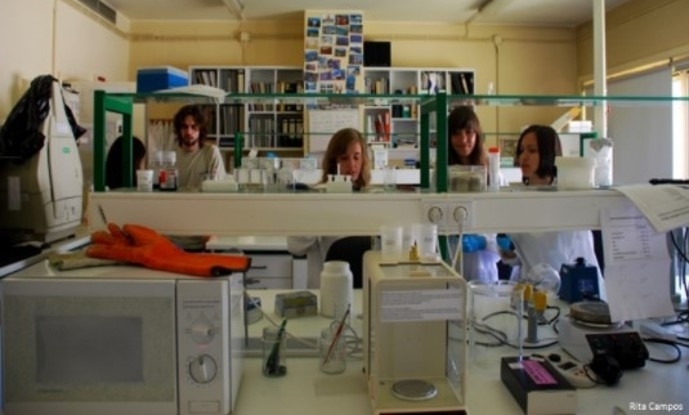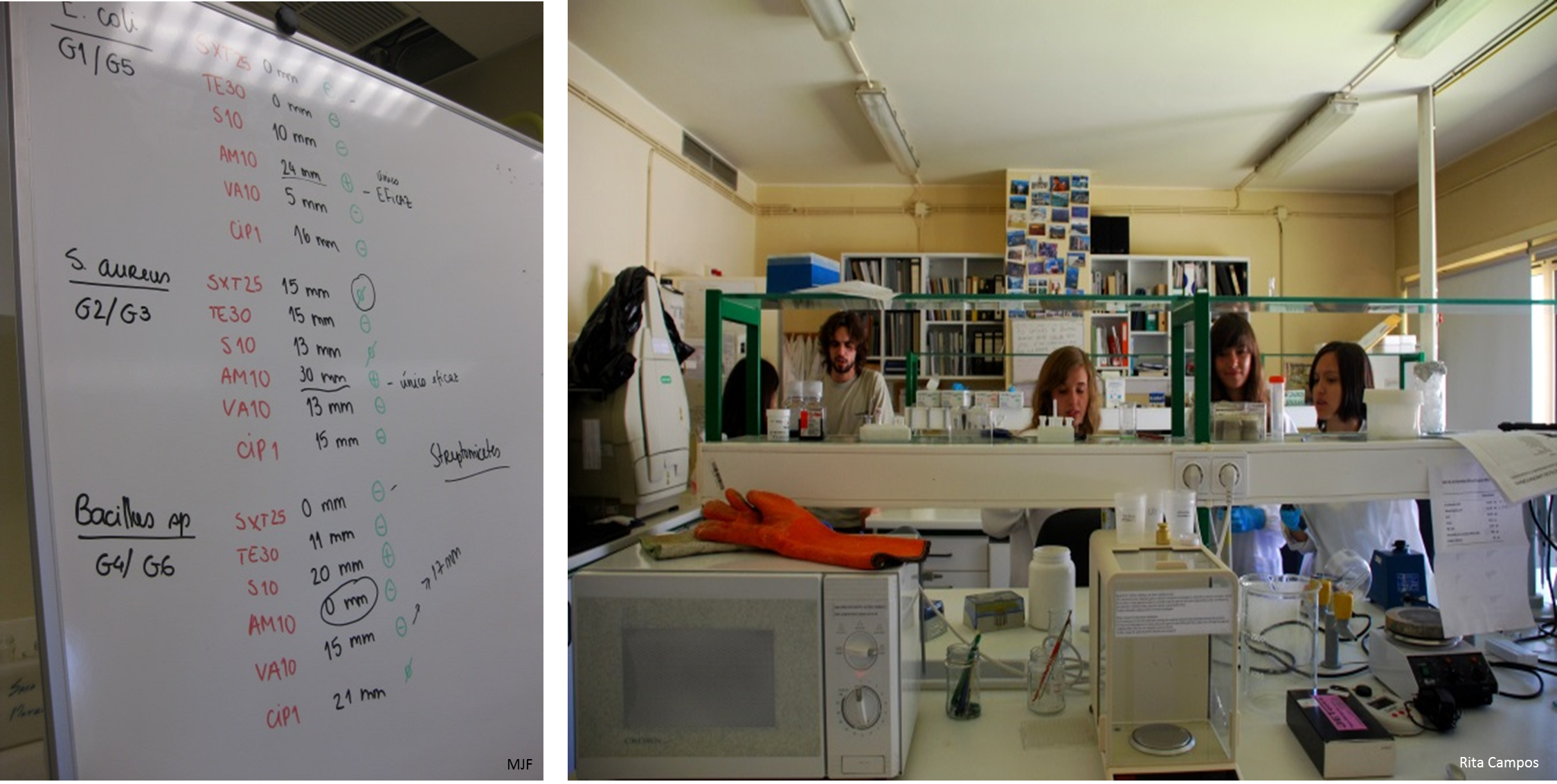Biodiversity, evolution and genetics in the lab


CIBIO-InBIO researchers have been actively engaged in activities aimed at introducing high school students (15-18 years old) to the professional research environment.
Students are invited to enrol in one-week summer internships, and engage in a series of selected laboratory activities framed within topics ranging from ecology to molecular biology and taking place in CIBIO-InBIO’s facilities.
By performing different techniques used in laboratory (and field) work, students are given the opportunity to develop their procedural skills, which are key assets for those who intend on pursuing a scientific career. Furthermore, the authenticity of the activities proposed and the research questions address scaffold the development of scientific reasoning skills and knowledge, which in addition to foster the ability to make informed decisions about science-related issues.
This section highlights the various projects funded by Ciência Viva – Agência Nacional para a Cultura Científica, in the context of the programme Ciência Viva no Laboratório - Ocupação Científica de Jovens nas Férias, coordinated and carried out by CIBIO-InBIO’s researchers.
Full list of activities promoted in the scope of this programme:
Virtual Museum of Biodiversity
Editions: 2015
The Virtual Museum of Biodiversity (Museu Virtual da Biodiversidade) is an online platform to disseminate information about biodiversity and to make available educational resources on the topic. Throughout this internship, the participants assist in the development of the contents to be hosted in this platform, both by preparing information sheets, as well as by designing activities. They receive all the training and support needed to carry out these tasks and are encouraged to put forth their own ideas for the website. In addition, they will also take part in the collection of data about the population’s perceptions about biodiversity and climate change through the implementation of questionnaires.
Team
Natália Melo
Aquatic Organisms of the Iberian Peninsula
Editions: 2015
In the scope of the project Iberian Ponds, which seeks to assess the impact of climate change in food networks in aquatic ecosystems, a database is being built in order to harbour information about every aquatic organism that exists in the Iberian Peninsula. In this internship, the participants assist in the development of this database and in the adaptation of the information available to the incorporation in sheets for the Virtual Museum of Biodiversity. In addition, they will also take part in the collection of data about the population’s perceptions about biodiversity and climate change through the implementation of questionnaires.
Team
Natália Melo
Cátia Pereira
Ponds with life
Editions: 2011
An internship combining field and laboratory work, in which the participants learn how to study amphibians, as well as other animal species and also aquatic plants, found in ponds.
Team
José Teixeira
Lília Cunha
Genetics and Biodiversity
Editions: 2010
In this internship, students are integrated in a research group and introduced to relevant research questions addressed by CIBIO/InBIO researchers: How can we preserve genetic biodiversity? Which techniques can we use to study it? Students will explore and practice several molecular biology techniques, from DNA extraction to sequencing.
Team
Ricardo Jorge Lopes
Introduction to animal population genetics
Editions: 2009/2010 (Darwin’s mystery: how do species come about?)
An internship designed for promoting the understanding about genetics and populations evolution and differentiation. Students are invited to play the role of an evolutionary scientist, and try to answer a scientific question. For that purpose, they discuss the problem, plan an experimental procedure, collect data using diverse laboratory techniques and analyse and interpret these data, discussing how they may support or reject initial hypotheses. Finally, the students communicate and discuss their results and interpretations with CIBIO-InBIO researchers.
Team
José Teixeira
Alexandra Sá Pinto
Rita Campos
Animal ecology studies
Editions: 2009
In this internship, students will be introduced to various ongoing projects at CBIO-InBIO and their applications. They have the chance to learn a wide range of techniques used in animal studies, including detection, capture identification and tracking methods (namely using GPS systems). The laboratory activities proposed are supplemented by field work and lectures.
Team
José Teixeira